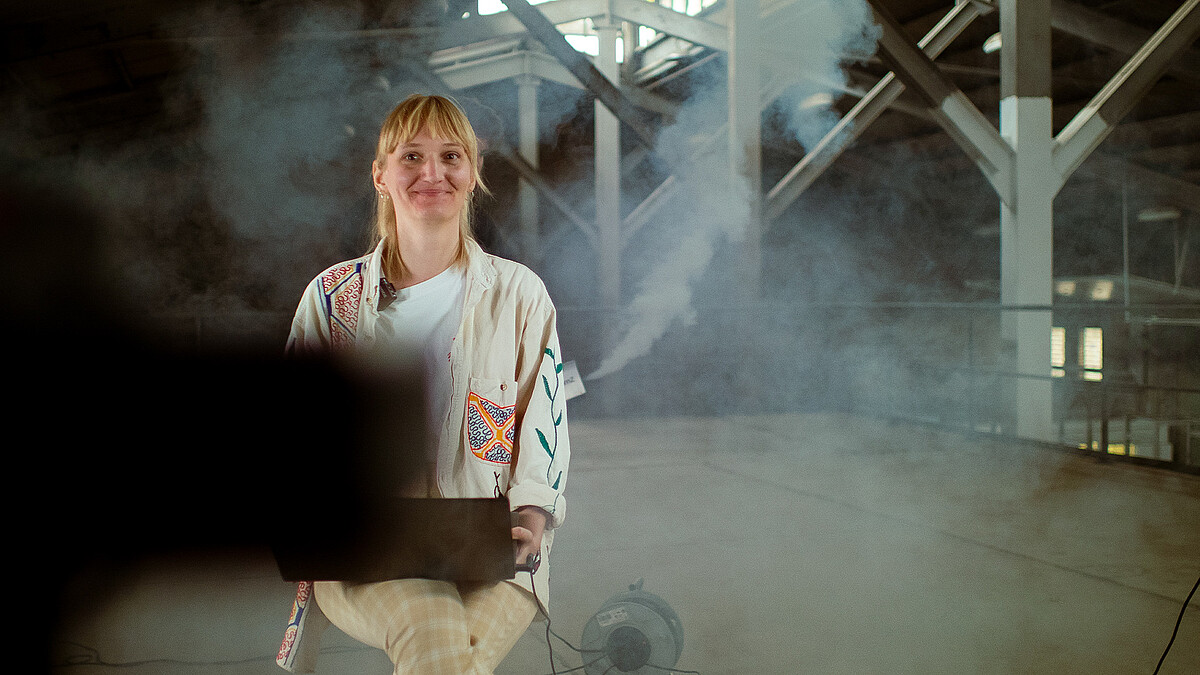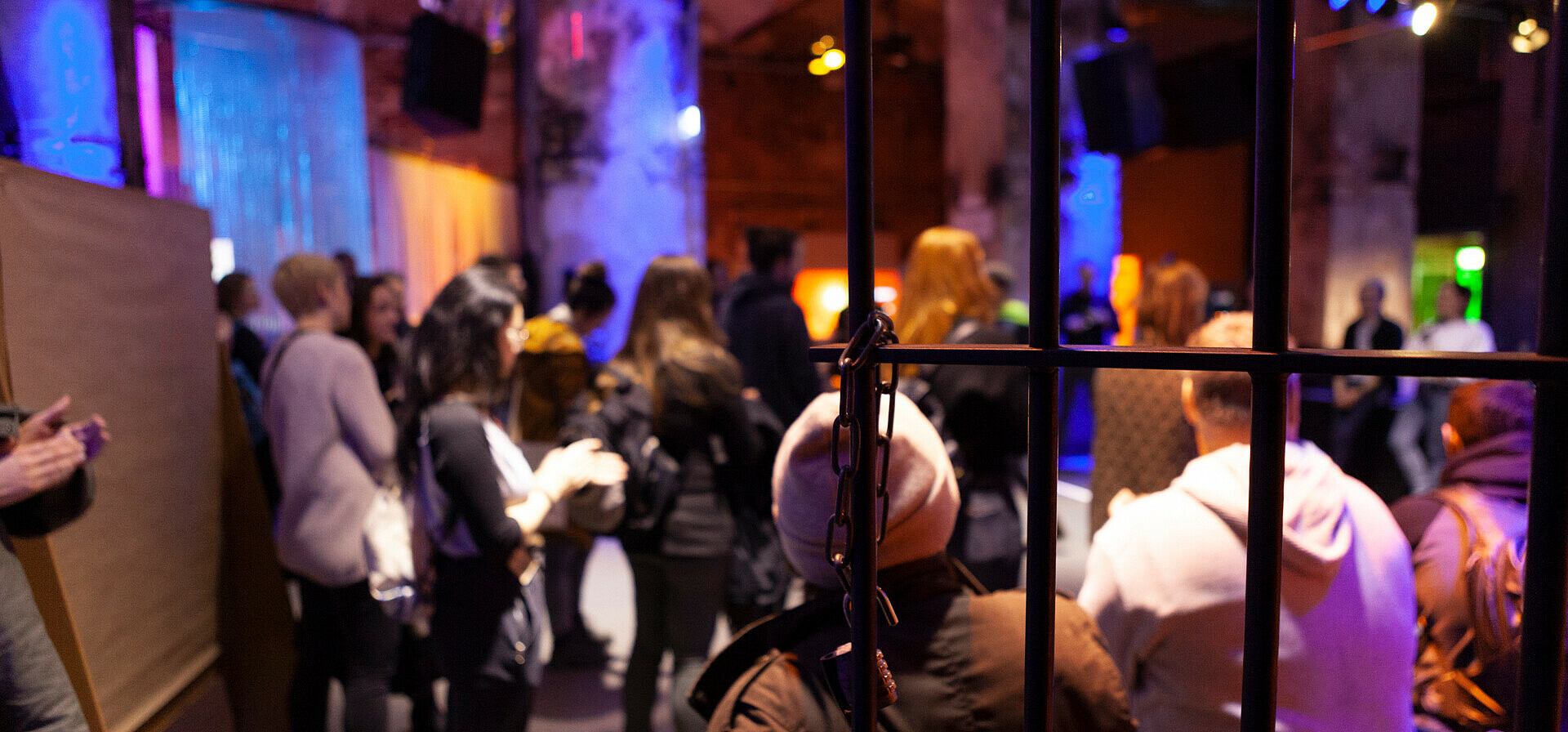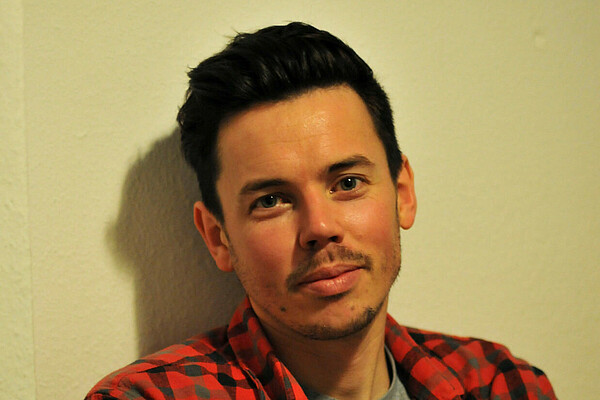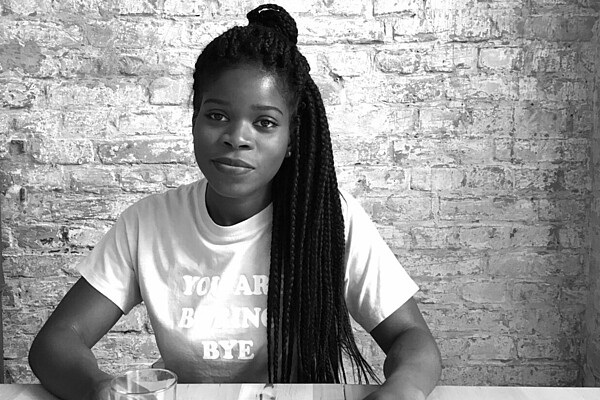Sustainable Nightlife – Partying Green
The famous Berlin club scene is becoming climate crisis aware.
One thing you want in a nightclub is energy. Preferably green and with little waste and CO2 emissions. Of course it takes a great deal of electricity to get the music pumping and the lights flashing, not to mention air conditioning, fine dust particle filters, and humidity control.
In Berlin, clubs are long-since more than just venues for dancing and raves. The scene is a vibrant creative space that has the potential to influence and inspire a whole generation, an integral element of culture as a driver of sustainable change in society.
Clubtopia is an environmental project devoted to creating a change towards sustainability and climate friendliness in the Berlin club scene. As a cooperative project, Clubtopia establishes an ecological framework for the organization of events and daily business of clubs and venues. It provides free holistic energy training, workshops, and consultation to the venues and event management, with a focus on increasing efficiency and reducing waste. Furthermore, their Green Club Guide is a general climate consultation guide, and the Future Party Lab connects club-owners with sustainable energy experts.
The idea now is to take the principle to other European cities. Clubtopia’s concept was the Berlin winner of the Global Innovation Collaborative Creative Cities Challenge. This international effort encompasses Berlin, London, New York, and Paris and, by creating visibility for the needs of independent businesses in the creative economy, aims to “reignite and strengthen” creative businesses with “long-term financial resilience, environmental sustainability, and social equity … to ensure creative individuals, industries, and activities can be connected, made financially sustainable, and thrive”.
We put some questions to Katrine Gregersen from the BUND Friends of the Earth organization and one of the driving forces of Clubtopia.

Katrine, you’re from Denmark. How did you end up in Berlin?
Oh that was quite a while ago. After high school I decided to take a little break before studying and thought it would be good to do that in Berlin. And that little break ended up being ten years or so.
Now you work for Clubtopia, or is it the BUND Friends of the Earth society? How does that fit together?
How does it all work? So, I started working for BUND Berlin Friends of the Earth Germany, and through my work there I got to know about this project Clubtopia. Clubtopia is a project which has come together as a cooperation between BUND, the organization Clubliebe, with the support of the Club Commission and Livekomm. I was lucky that they were looking for some support on this project and I got to work on it as well. So I work for BUND Berlin and I have two projects, and one of them is Clubtopia.
You want clubs to be more energy efficient and reduce emissions and waste. Is it just about turning the wattage of the music down and turning off a few of the flashing lights? Or what other less obvious aspects can a club or venue address to become climate neutral?
Here is an important aspect, that becoming more climate friendly or more energy efficient doesn’t mean less light or less music or less fun. It can be just the same experience. There are many things a club can do that wouldn’t change the experience at all for people who enjoy going out dancing in clubs. The most obvious and also one of the most important ones is changing your energy provider.
We have labels to help clubs to figure out which energy providers are truly green. So that’s one of the first things a club can do is check the energy provider and perhaps change. Through that you can save a lot of CO2. That’s the first and most important step and it also doesn’t change anything in the way the club is operated at all.
It might make it more expensive, perhaps.
That’s not necessarily the case. Not anymore. It used to be like that, but now the standard providers are often more expensive than the green electricity providers. But yeah, that’s an important aspect as well. It shouldn’t turn out more expensive for the club to make these changes. We have a lot of low investment measures a club can take and also some with no investment at all. Because they have already been going through hard economic times, especially now, it has to be possible for clubs to carry out changes without investing a lot of money. Because of course we want the clubs to keep on thriving and surviving.
You offer a tool which helps club staff to reorganize their venue in a sustainable way. How does this tool work and how can a club operator use it?
We have the Green Club Guide online which is a virtual consultation where we list all the different subjects and scenes you have in a club. So you have for example the bar area, so we go through the bar area. For example refrigerators, what can you do to make the refrigerators more efficient? Which refrigerators should you maybe avoid? Like for example the small ones with the glass doors, they are not very efficient. How can you lower your water consumption? How does waste separation work? How can you avoid waste in general?
So we go through all these things in the club. And we also focus on communication. How can you communicate the changes that you’re making within the team but also to your guests. We also have a list of possible ways of getting financial support, so if you do need to do a bigger investment there are places you can look.
So this is like an online guide. It’s a general tool for the most general subjects. If a club wants a more specific consultation they can do a free energy consultation where we look at one specific club and go through everything. The lights, which lights are already LED? We measure the energy efficiency of the refrigerators. We measure the water consumption. We make a very specific consultation for that club.
How do you measure a venue’s carbon footprint?
We measure the CO2 emissions. We have the electricity bills, so we look at the energy provider and see if it is already green or not. We look at heating. Through all that we can see how much energy is being used and how much CO2 does that mean. We are constantly developing this system and looking at how to make it even more precise. For instance mobility is a topic that can be difficult to take into account. There are things that are hard to measure but we are looking into how we can make these numbers even more precise. Then further down the road when the club has made these changes they can look into how much they have saved in the process.
Clubbing is all about having fun, forgetting your cares and worries for a night. Is it solely the responsibility of the club operators to ensure more climate-friendly behavior of the guests? What can individual club-goers do to become environmentally conscious and still let their hair down at the same time?
The club can create a space where you and I as guests don’t have to think about it. A very basic example: There are no straws. So you won’t have to make a choice, there are no straws. Or the drinks being provided are already local drinks. Local beer. So there are ways the club can make a space where you as a person can go and don’t have to think about it. You’re just there and it’s perfectly fine.
Of course, as an individual you can see about how you get to the club. Do you use public transportation? Do you use your bicycle? In the club itself you can ask for tap water instead of getting bottled water. Also, if you notice something in the club, if for example in the toilets the water is running, you can say that to the staff in a nice way so they can fix it. You can be aware of such things, so there are of course things you can do as an individual as well.
Which is your favorite club in Berlin and have they signed the code of conduct yet?
I don’t have one single favorite club in Berlin. For me it depends on the music. I go to the club where a specific DJ is playing. I am a big fan of disco, so if there is a disco DJ playing I will go to that club. So I don’t have a specific club that I always go to. It’s about dancing and having the right music.
We have some great clubs who have already signed this Code of Conduct that we developed for clubs. We have Schwuz, Rummels Bucht, Suicide Circus, YAAM, … Some of them are very old clubs that have been around in Berlin for a while. Schwuz is the oldest queer club in Germany, so they do queer parties. It was one of the first clubs that did an energy consultation with this project. I wasn’t involved at the time, but we have been working with Schwuz for a long while now.
Is it hard to convince clubs to join this initiative?
There is in general a lot of interest in becoming more sustainable and in changing the ways that clubs are operating. We see that in the workshops that we do, or we have this online green club training where people who work in clubs can participate. There is a lot of interest and there are also a lot of things happening already in the scene that we don’t know about.
So there is not a lack of interest but of course we ask them to sign this code of conduct to be part of this process and be part of the network, so there might still be some considerations for the club such as, “Will that mean that we have to pay a lot of money? How does it work? Do I have to have everything perfect the moment I sign it?” There are a lot of things that the club might be nervous about so it takes a lot of conversations. So it’s not a lack of interest, it is more concerns about what it means to sign this Code of Conduct.
If your consultation and target agreements with individual clubs are so intensive and specific, how is your model scalable to other cities?
We are focused on Berlin right now because we are also funded by the Berlin senate. So it’s important that we are working in Berlin with Berlin clubs. That’s our starting point. But of course climate change doesn’t happen only in Berlin, it happens all over the world.
There is a lot of interest from other cities. We sometimes get people who write from Hamburg or from Leipzig or Bremen and ask us, how can we also do this in our cities? So the idea is to create other similar projects in other cities. We have the basics, we can show them the code of conduct, it may be made for the Berlin scene but the general aspects of it are transferable. The main target agreement is something you can transfer to other cities. Then they can look at the specifics and make the adjustments necessary for other cities. Then they can create their projects in their cities and continue the work there. And then we get a bigger network in general.
And the project was successful internationally with the Creative Cities Award, right? Will that have knock-on effects, or what does that mean for the project?
Yeah, I was lucky to be able to participate in the Creative Cities Challenge. That gave us the opportunity to talk with similar organizations, and also to hear from the political side what’s happening in London, what’s happening in Paris, what’s happening in New York. It’s very exciting to hear what clubs there are already doing. In London there is Julie’s Bicycle, which is an organization that works to make the culture scene more climate friendly. Now it’s about keeping the conversation going and finding ways to create partnerships or seeing if there’s a way of supporting each other. It’s all about making it more well known and reaching more people.
Which is greater, your passion for saving energy or your passion for disco?
Oh wow, that’s a very tricky question. With Clubtopia I was extremely happy because it did exactly bring these two passions together that I didn’t know I could bring together. When I found out that Clubtopia existed I said, this is perfect, I love dancing and I love music and I love disco and I love saving energy and saving the environment and here I can finally make both things happen. So I would say it is pretty equal.
Berlin’s famous club scene may seem carefree and fun, but it is also on the way to becoming sustainable and climate neutral. So you can dance to your heart’s content with a clear conscience.
Interview: Olaf Bryan Wielk, ideenmanufaktur
Header image: © Marcus Bläsing




